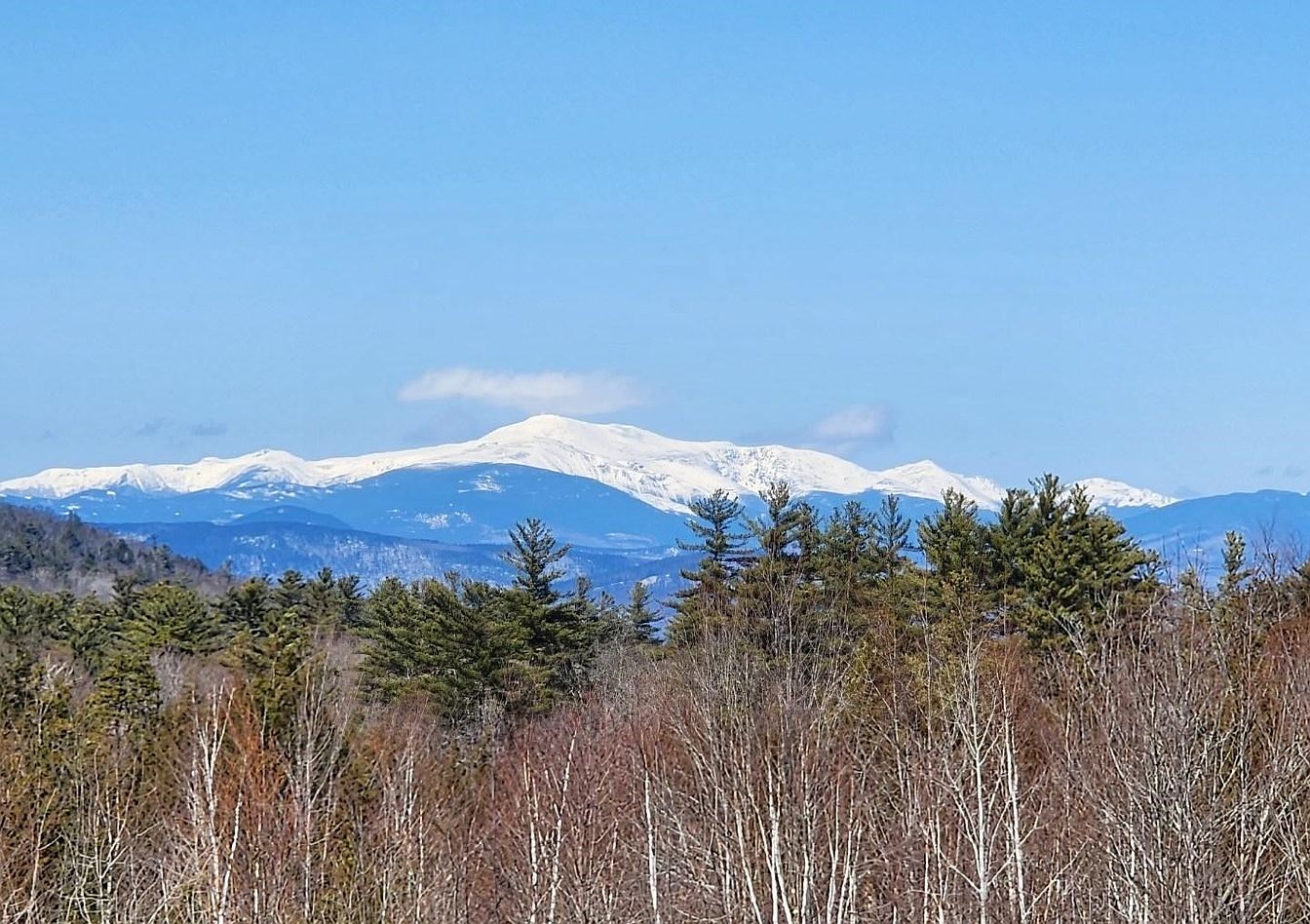kbroderick
Active member
32 minutes to BV from downtown, maybe; I lived in the New North End and commuted to work at BV for a couple of years, and 32 minutes would've been a record door-to-door time, even in perfect weather.Per Google Maps, 32 minutes to Bolton, which is one of my new favorites. Under an hour to Smuggs and Stowe. If $ wasn’t a factor, Burlington would be amazing.
Under an hour to Stowe this year probably only applies before 5 a.m. or if you're starting from the cross-country center. Epic success in drawing people there this year.


